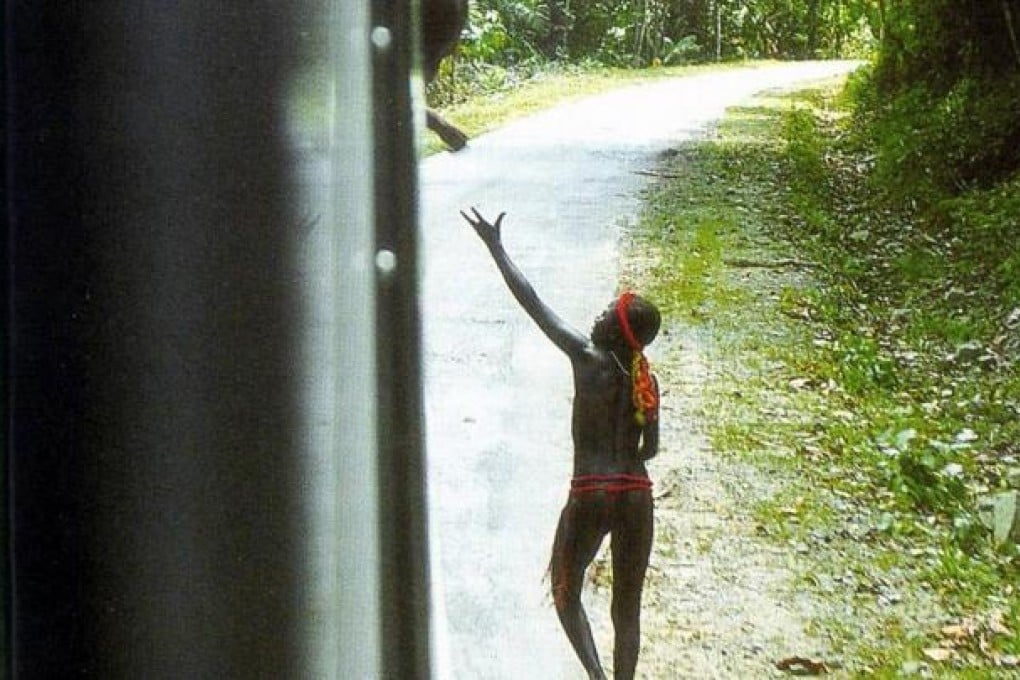Activists slam return of human safaris in Andaman Islands
Court decision to reopen Andaman Trunk Road could lead to tourist influx into remote reserve that is home to the endangered Jarawa tribe

A controversial road in the Indian Andaman Islands is set to reopen to tourists this week, heralding the resumption of notorious "human safaris" to view the Jarawa tribe.
The move, which has been condemned by advocates for the tribe, comes after India's Supreme Court last week authorised the reopening of the 360-kilometre Andaman Trunk Road (ATR) that cuts through a reserve for the aboriginal Jarawa. Activists say the decision, overturning an interim closure imposed in January, threatens the survival of the endangered community.
Giles said bus and cab drivers, ostensibly taking tourists to coastal caves down the road, stopped their vehicles inside the Jarawa reserve to let tourists interact with the tribe.
"The regulation was flouted as every day hundreds of tourists attracted Jarawa people with biscuits, sweets and other tobacco products. Male tourists ogled the naked Jarawa girls and women, and made them pose and dance for their cameras," said Giles, who edits the based in Port Blair, the Andaman capital. "The trips were nothing but human safaris to see the Jarawa people."
Giles said yesterday that the road was expected to reopen in "a day or two".
